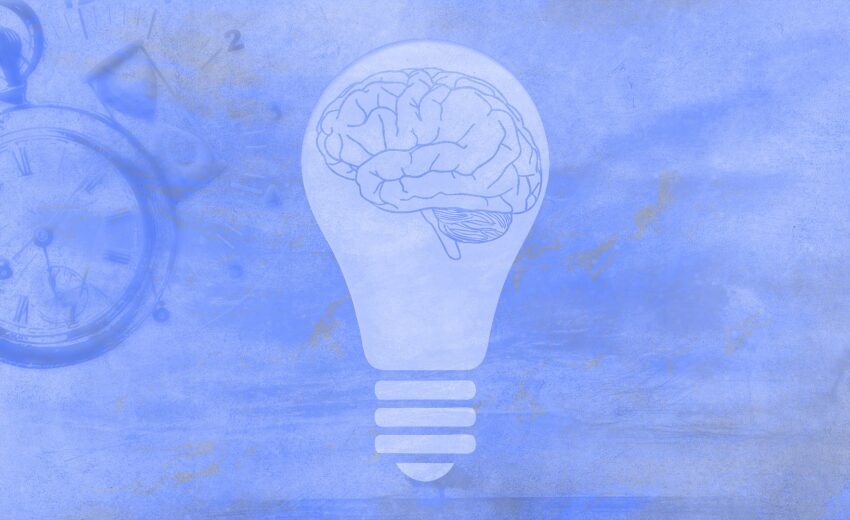
This article is from the Fall 2021 issue of Humanistic Judaism Magazine and is written by Dr. Tzemah Yoreh. Dr. Yoreh is the rabbi of the City Congregation in New York City. He holds a PhD from the Hebrew University of Jerusalem in Biblical Criticism and a PhD. in Ancient Wisdom Literature from the University of Toronto.
This essay was first published at TheHill.com and is reprinted in HJ Magazine with the permission of the author.
I am a congregational Rabbi on the autistic spectrum. 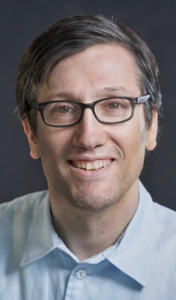
How is that at all possible?
How could I genuinely thrive in a pastoral profession that rewards extroversion and is mostly the purview of those who intuitively grasp social dynamics?
I can’t understand my closest family members most of the time, let alone a room full of people who I know only peripherally.
And yet I have thrived.
That is because along with the deficits of people on the spectrum, there is a precious gift that being neuro-atypical bequeaths me, but it took me a while to find it.
Allow me to share a sliver of my journey with you. I am a child of the ’80s. Growing up then there was simply no language around high-functioning autism. I knew I was different, but I couldn’t describe how.
Something was always more than a little bit wrong, but I didn’t know what it was. There were times I was happy, but I wouldn’t say I had a happy childhood.
I could never look others in the eye and my body language was fairly wild. I shied away from most touch. I was so literal, and I was so lonely.
From a young age, I always sought to understand, but was too often frustrated. As a child, I would reach for books on the higher shelf, I was a precocious reader, and my parents were academics. One of the books that changed my life was a book decoding body language for those who don’t intuitively grasp it. I was finally able to pry open a window to understand the other, and more importantly how others saw me.
As I grew older there were other windows, the most important of which was poetry. The book on body language gave me some insight into people’s minds. Poetry allowed me to go deeper.
I began to write poetry, and I began to write prayers. It was my poetry and prayers that led me to the rabbinate, their cadences of secular transcendence rooted in ancient texts drew the attention of others and through them I found my community.
But it is one thing to find a community and it is altogether different to lead. You can’t lead through poetry, can you?
My favorite poem in the world, by Avraham ben Yitzchak begins with the words:
“Happy are those who sow but do not reap
For they have wandered far
Happy are those who are generous
And in their glorious youth have made the days lighter,
Throwing their jewels as they traverse the story of their lives”
It is a poem about the greatest human beings, who have enriched the world and touched everyone in passing. It is a poem about unfettered generosity. It is a poem about philosopher kings, who have achieved the second naivete and live out their ideals at peace with the world.
This poem is one of my literary models for how to live life, and I always ask myself whether I am holding myself up to the ideals encapsulated in this poem.
The answer is no.
One of the central tenets of Humanistic Judaism is the verse from Leviticus 19, which commands: “love  your neighbor as yourself.” This tenet has been expressed in many different ways throughout history. Hillel the Elder says this encapsulates the entire Torah. James the brother of Jesus said that it is part of the Royal law. Kant said it was the prime imperative, and there were and are countless thinkers all over the world who echo this directive.
your neighbor as yourself.” This tenet has been expressed in many different ways throughout history. Hillel the Elder says this encapsulates the entire Torah. James the brother of Jesus said that it is part of the Royal law. Kant said it was the prime imperative, and there were and are countless thinkers all over the world who echo this directive.
One of a more skeptical bent may retort, “Love your neighbor as yourself” is great as general principle, but it was first articulated in the Hebrew Bible, a text which most definitely did not advocate a humanist philosophy. In the context of Leviticus “Love your neighbor as yourself” meant: Love him and not her, since women are unequal to men. Love your neighbor the Israelite, but not the Canaanite who you are commanded to destroy. Do not love your neighbor if he happens to be the idolater who you are commanded to expunge from your midst, or the homosexual who you are commanded to kill.
It is such a beautiful articulation, so profound and universal, but I doubt that many in the biblical period actually believed it in its entirety or lived up to it.
Humanity has thankfully progressed and today many of us do believe this more fully than ever before in human history, but I personally still do not think that I have lived up to this categorical imperative.
Have I truly treated my neighbor as I myself would wish to be treated?
I ask myself, am I truly a “neighbor” to an African American woman? Have I truly considered the systemic racism that she endures constantly; her blocks as she seeks to educate her children, and provide for her family, or even walk down a street in peace?
I ask myself, have I truly loved and sought to understand transgender human beings who experience the world so differently, would I unthinkingly misgender people if that were indeed the case?
I am Jewish and my family bears the scars of the Holocaust, yet how do I address the other antisemitism that I am guilty of, anti-muslim bias? Can I appreciate the harangue of comments and looks endured by a woman who wears a hijab?
Can I truly understand the other, whoever the other may be? Can I truly put myself in someone else’s shoes when I live in my world of privilege?
I don’t know if I can, but I am resolved that I shall continue in my attempt to do so, for that is the nature of a universal principle, we cannot entirely live up to it, only strive towards it. That is what my gift of autism has taught me. I am so very different, and so I have striven so hard to understand others, and it is that striving that allows me to lead.
I will always feel uncomfortable in social situations. Social interactions will continue to drain me because I am autistic, but now I work with that discomfort. That discomfort is part of me trying and failing to understand the other, trying and failing to grasp their world. Trying to articulate my poetry and theirs. This is what autism has bequeathed me. It is because this attempt is entirely genuine without guile or pretense and people see this and appreciate it that I connect to my community. It is why I am an effective rabbi.
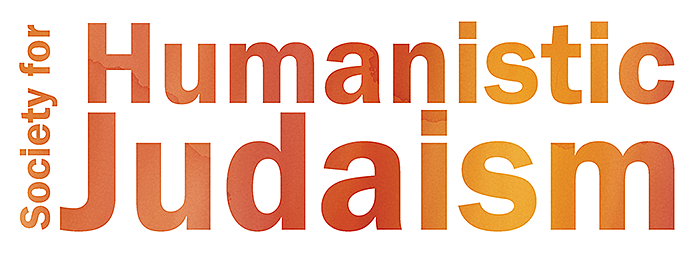

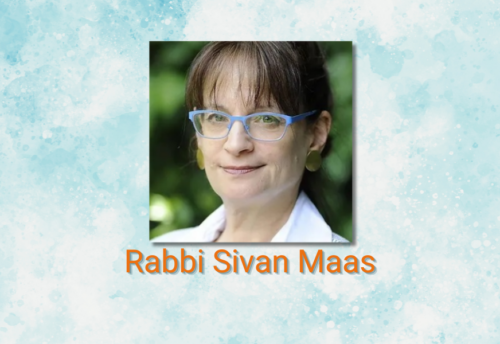
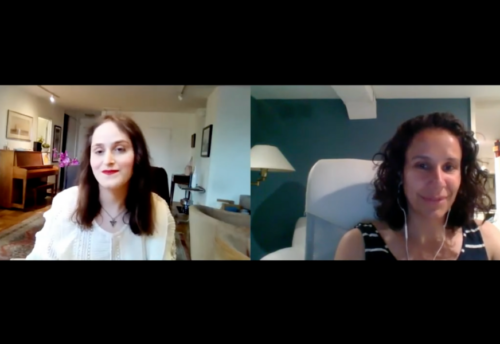
Leave a Reply